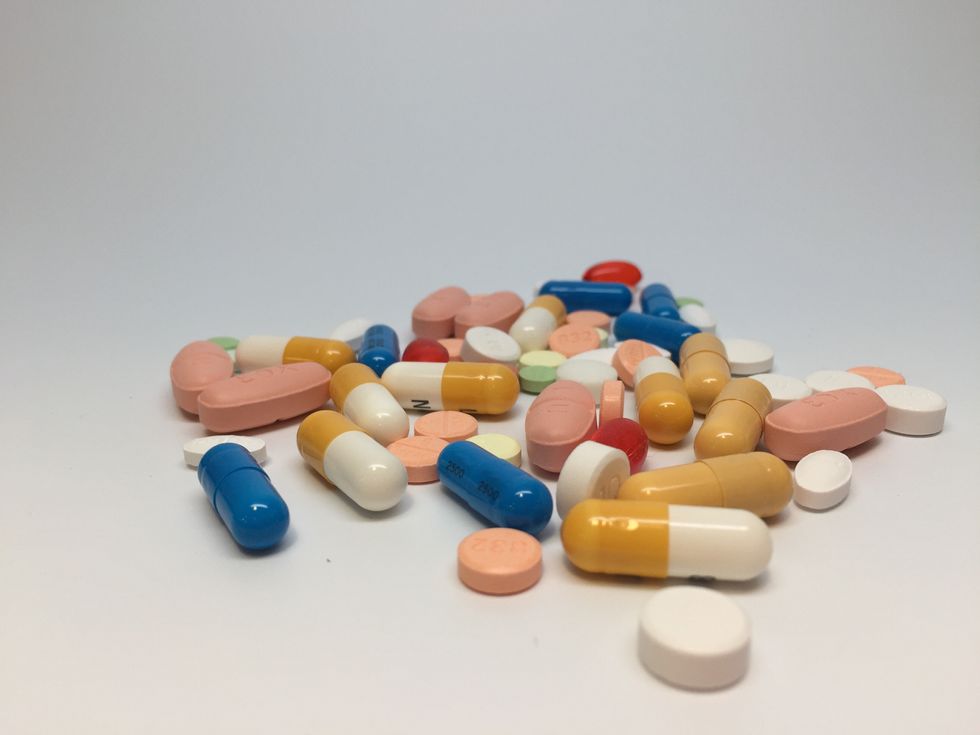David Anderson, in his Ted Talk "Your Brain is Not a Bag of Chemicals" dives into the world of treatment for psychiatric illnesses, of scientific research, and of fruit flies. His goal, to explain the flaws in current treatments of mental illnesses and present how this downfalls could be resolved is clear throughout the talk. Through presenting his research, and speaking of novel contributions such as the actual discovery of emotion in fruit flies, Anderson displays the flaws in mental healthcare and demands more of the scientific world to resolve these downfalls.
As Anderson explains, the traditional view of mental illnesses is that they are a chemical imbalance in the brain. He states, "As if the brain were some kind of bag of chemical soup filled with dopamine, serotonin, and norepinephrine." He explains the difference for typical treatments of physical ailments versus psychological ailments. As he describes it, physical ailments presented to a physician will lead to blood tests, biological assays, and various other factors to gather information about what is going on in the body so that a treatment plan can be well-suited to that issue. However, for psychological problems, the patient is often handed a questionnaire to assess the issues. These questionnaires, as he suggests, are insufficient in understanding the complexities that surround mental illnesses.
Of medication prescribed for mental illnesses, Anderson states, "These drugs have so many side effects because using them to treat a complex psychiatric disorder is a bit like trying to change your engine oil by opening a can and pouring it all over the engine block. Some of it will dribble into the right place, but a lot of it will do more harm than good." Anderson uses the example of dopamine and the model organism of fruit flies to explain this concept. He explains how in certain illnesses, such as ADHD, there is not a complete understanding of why there are features of learning disabilities and hyperactivity. Without this understanding, the treatment of just increasing the amount of dopamine in one's system is lacking.
Anderson suggests that pharmaceutical companies and scientists should do more research to not only discover the disturbances of neural pathways, which tend to be the real cause of mental illnesses, but to also develop new medications that attempt to resolve these specific pathways and specific receptors, rather than simply increasing the amount of a certain neurochemical. These new medications could and do revolutionize the way that mental illnesses are treated, and the efficacy in their treatment.
As a society, there is a general view of mental illnesses that varies greatly from the view of physical illnesses. Anderson, without directly discussing it, acknowledges this exact problem. He discusses the differences in treatments, but also the lack of resources that are put in to truly understand how to better treat mental illnesses as disturbances in neurophysiological components. Without, as a society, acknowledging and respecting mental illnesses for what they are, we are short-changing the 25% of the world who is directly impacted by these illnesses, and the countless loved ones who stand by those impacted. A shift needs to occur, and the research and ideas that Anderson presents are a wonderful scientific starting point for these shifts. However, if we as a society do not support the principles behind this science, do not support the concept that mental illness is much more than just being a little emotionally reactive, we are doing a disservice to the majority of the population.



 mr and mrs potato head
StableDiffusion
mr and mrs potato head
StableDiffusion












